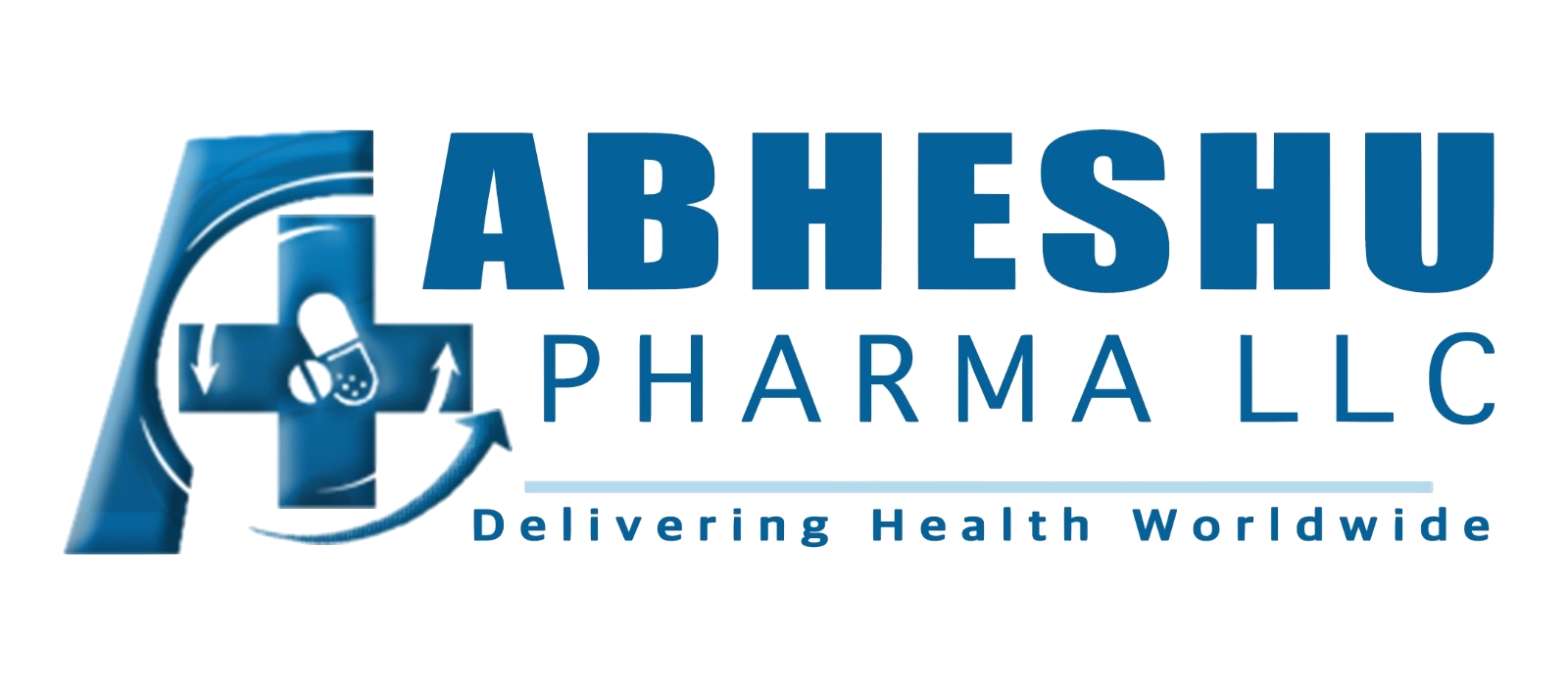Introduction
In the world of pharmaceutical research and development, selecting the right RLD (Reference Listed Drug) supplier is a critical decision. An RLD serves as the benchmark product against which a generic version is compared for bioequivalence. Therefore, the quality, integrity, and authenticity of the RLD sample directly impact your product’s approval journey.
Whether you’re developing a generic drug for the USFDA, EMA, or CDSCO, partnering with the right RLD supplier can streamline your regulatory pathway and reduce compliance risks. But how do you identify a good RLD supplier in this complex global marketplace?
Let’s explore the top qualities you must look for.
🔑 1. Regulatory Compliance and Accreditation
A reputable RLD supplier must adhere to strict regulatory standards. Look for suppliers who:
Follow GDP (Good Distribution Practices)
Are licensed and audited by recognized authorities
Have experience supplying to regulated markets (like US, EU, India)
✅ Tip: Ask for a Certificate of Analysis (CoA) and chain-of-custody documentation.
🔎 2. Authentic Sourcing from Approved Channels
The supplier must source drugs only from authorized distributors or manufacturers in the country of the RLD origin. This ensures:
Product traceability
No risk of counterfeit or substandard products
Proper labeling and batch documentation
🧊 3. Proper Cold Chain and Storage Facilities
Many RLD products require controlled temperatures during transport (e.g., 2–8°C). A good supplier will:
Have cold chain logistics and tracking systems
Use validated packaging to maintain product integrity
Offer stability data on shipping conditions, if needed
🚀 4. Global Logistics and Fast Turnaround Time
Speed matters. RLD procurement is often time-sensitive, especially for bioequivalence studies and dossier submissions.
Choose a supplier who offers:
Global shipping capabilities
Local warehousing options
Real-time tracking and customs expertise
📑 5. Comprehensive Documentation Support
A trustworthy RLD supplier will provide complete and compliant documentation, such as:
Commercial invoice
Certificate of Origin
MSDS (Material Safety Data Sheet)
Customs clearance papers
Batch release certificates
This is crucial for regulatory filings and audits.
🌍 6. Experience in Multiple Regulatory Markets
Whether you’re filing for USFDA, EMA, TGA, or CDSCO, an experienced supplier understands the regulatory expectations for each region and supplies accordingly.
🔒 7. Transparent Pricing and Contracts
Pricing for RLDs can vary drastically. A good supplier should offer:
Transparent pricing
No hidden fees
Proper import-export tax handling
Look for suppliers who offer long-term procurement agreements and volume-based discounts.
🧪 8. Ability to Source Hard-to-Find or Orphan Drugs
Some RLDs are rare, discontinued, or niche drugs. An excellent supplier will have:
A wide sourcing network
Historical procurement experience
Capability to obtain orphan or limited-market drugs
🤝 9. Client References and Reputation
Always check the track record. A quality supplier will have:
Testimonials from pharma/biotech clients
Long-term relationships with R&D firms
Case studies or success stories
🛡️ 10. Confidentiality and Ethical Standards
RLD sourcing often involves proprietary formulations and IP-sensitive research. Choose a supplier who respects:
NDA (Non-Disclosure Agreement) terms
Ethical business practices
Full compliance with international laws
🧭 Conclusion
The right RLD supplier isn’t just a vendor — they’re a strategic partner in your generic drug development journey. From regulatory assurance to global logistics and documentation support, each quality listed above plays a vital role in your product’s success.
Investing in a reliable, experienced, and globally competent RLD supplier ensures smoother audits, faster approvals, and, ultimately, a more successful product launch.

